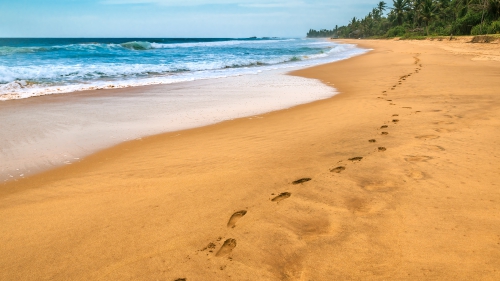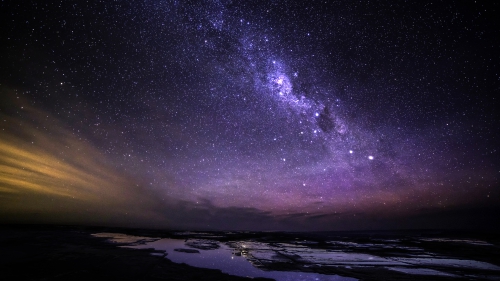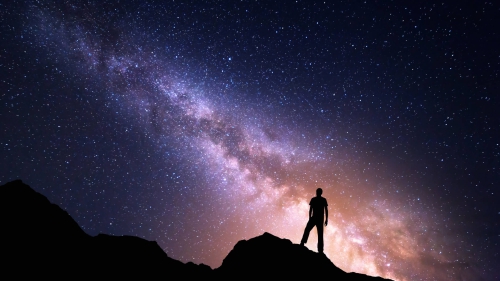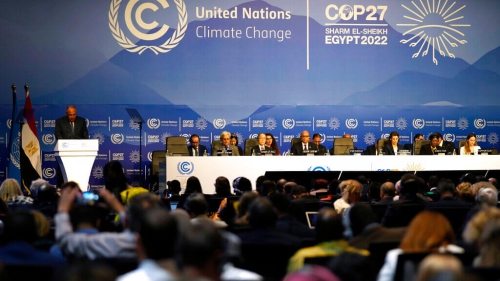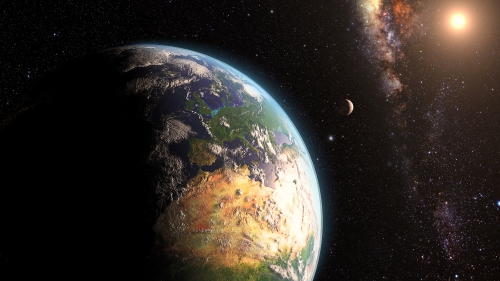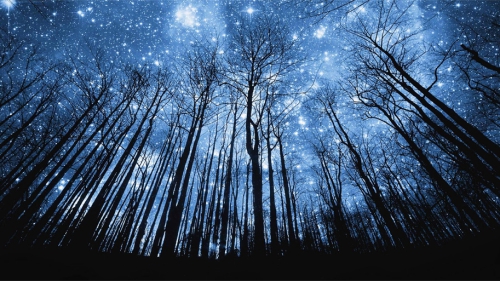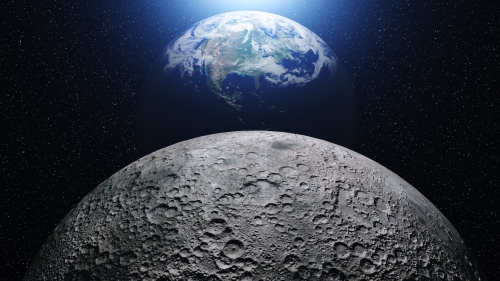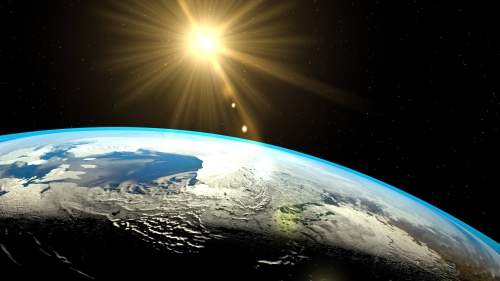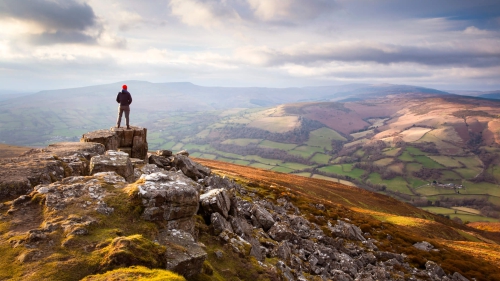In Japan, nature humbles humanity again
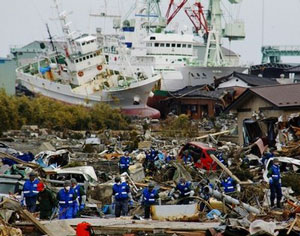 |
We spend a good deal of time arguing among ourselves about all the problems we have created for ourselves and how we can solve them.
We have created political problems, economic problems, social problems, environmental problems and countless others. We have caused them, and, therefore, we must come up with any solutions for them.
The widespread destruction and suffering in Japan over the past week reminds us that the temperamental planet on which we reside is capable of ferocious and unforeseeable acts of its own. The Japanese, despite their wealth and technological advantages, have struggled to keep their heads above water after the devastation left by the irresistible tsunami that followed the 8.9 magnitude earthquake off the country's eastern coast.
This "superquake" is the largest ever recorded in Japan, and was 1,000 times more powerful than the quake that hit New Zealand last month. We've seen images of destruction and misery on a scale that is difficult to comprehend.
And we had nothing to do with causing it. Or making it more likely. Or influencing its course or outcome. In fact, Japan is one of the most seismically prepared countries in the world, where hundreds millions of dollars is spent each year to ensure that the country is safe. And yet still it has been crushed by the force of the natural world.
Modesty is a personal, and social, trait that has dramatically fallen in prominence over the past century.
As men and women have conquered various frontiers, on and beyond this planet and in the realms of science, technology and the practical arts, we have increasingly seen ourselves as the center of all events that unfold around us. Once we have charted and mapped a river or a star system or a genome, we begin to believe, almost without consciously realizing it, that we have brought this aspect of the natural world under our control.
We have increasingly left our modesty behind when we approach potential dangers, whether known or unknown. The 2004 Indonesian tsunami, Hurricane Katrina and the Pakistan floods are recent examples of water devastations inflicting significant loss of life and suffering. We look at these horrible events and, like the tsunami in Japan, immediately want to identify causes and effects and determine what we did to make these events more likely, so we can immediately change our behavior and prevent their recurrence.
However, the forces of nature again and again prove themselves far greater and far more fickle then what human beings can aspire to, whether we are acting at our best or our worst.
Since the tsunami subsided, we've focused on the explosions and meltdown crises at nuclear power plants along the coast about 170 miles northeast of Tokyo. About 180,000 people were evacuated, and remaining residents were warned to stay indoors, as attempts to measure radioactive emissions were under way. These manmade creations now threaten even more loss of life and suffering for those Japanese who managed to survive the tsunami. Experts fear that a full-blown nuclear disaster, on the scale of the Chernobyl debacle 25 years ago, may be unfolding before us.
As international volunteers from the U.S., Britain, Australia and New Zealand arrive to assist Japanese authorities in search-and-rescue and starting the long process of rebuilding their country, it is good and admirable that, in times of need, we come to their aid of our neighbors to assist and where we can.
Unfortunately, due to the ferocious and efficient work of the tsunami, it now appears that in many areas there are few, if any, survivors to rescue. Japanese Prime Minister Naoto Kan has called the cumulative effect of the earthquake, the tsunami and the nuclear meltdown as his country's worst crisis since World War II.
There is an adage that says, when all we have is a hammer, everything starts to look like a nail.
Perhaps over the coming weeks, while we continue to share our sympathies with the Japanese people and look for ways to support them in their times of trouble, we can consider quietly whether any of us, in fact, can ever have all the solutions we need, and whether, instead, we should retain an adequate sense of our own limitations when planning for the unforeseen events that might confront us, unannounced, in the near future.
Source: OCRegister








